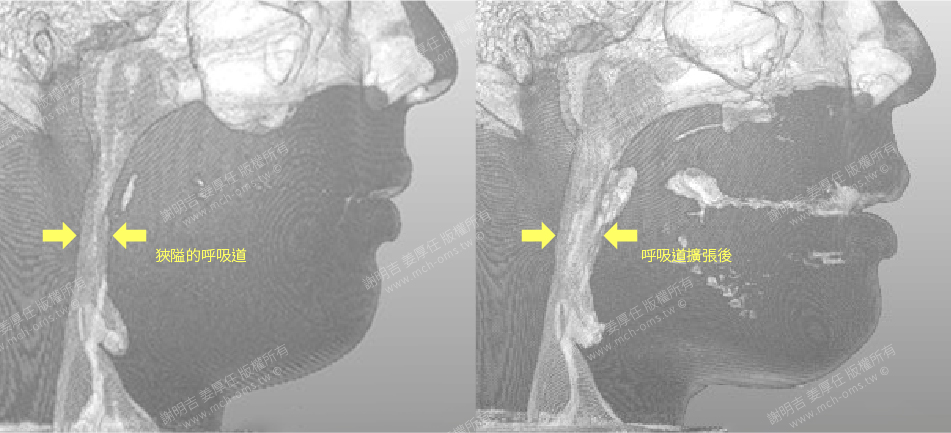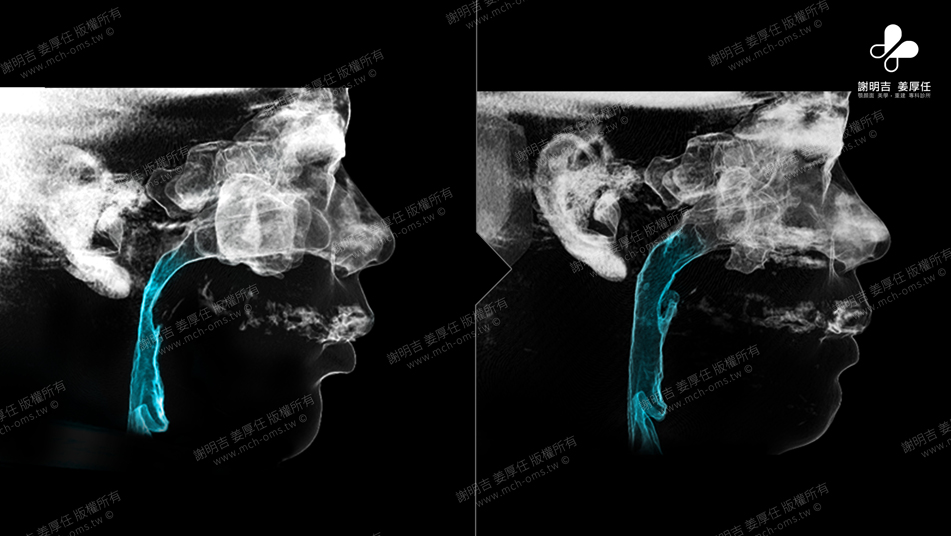havesleep apneaHe often tells us when he sees a doctor:I don’t know which department should I see if I have respiratory arrest?"
todayFenghua United ClinicWill introduceHow to self-test before seeing a doctor, the applicable status of various departments, and which departments adults and children should see, then let’s watch it together~
Which department should I go to for sleep apnea? Understand your own situation first
Before considering seeking medical attention, patients are advised to conduct a self-assessment, taking a simple test of their condition and acceptable treatments, and then determine what medical assistance to seek.
Self-test items:
- obesity: Overweight is one of the main causes of sleep apnea. Check your BMI index to seePreliminarily determine whether the group is prone to apnea.
- mouth breathing: If you can breathe with your mouth open while sleeping, it is also an important indicator. If you find that you often breathe with your mouth open during sleep, this may be a sign.It could be because your upper airway is blocked.
- Acceptability of treatment: Is it acceptable to wear a positive pressure respirator (CPAP), or is it expected to be cured once and for all through orthognathic surgery?
- Obvious chin retrusion: Chin retraction is one of the apparent results of respiratory tract stenosis, and is mostly accompanied by the habit of mouth breathing.
These self-assessments will affect which department you choose to see.
Mouth breathing during sleep, chin retraction, and high BMICould be a red flag!
Carry out self-test immediately,Fung Wah United Clinic provides professional orthognathic surgery, to help you get rid of apnea!
Sleep apnea: look at these 6 departments
After completing the self-assessment, the next step is to understand what treatments are available in various departments to help you make further choices.
Otolaryngology
Otolaryngologists mainly focus on diseases of the upper respiratory tract and treat upper respiratory tract obstruction problems, such as tonsil hypertrophy and adenoid hyperplasia.
Association of OtolaryngologistsAssess structural problems in your nose, throat and airways. Common treatments includeTonsill or adenoid removal, to reduce upper respiratory tract obstruction.
Craniofacial and oral surgery (oral and maxillofacial surgery)
In the treatment of sleep apnea, in addition to reducing airway obstruction, another approach isenlarge respiratory tract.
Craniofacial and oral surgery will be throughOrthognathic surgeryTo expand the patient's airway so that breathing is no longer blocked.
Fung Wah United Clinic uses professional orthognathic surgery to eliminate this problem for patients with moderate to severe apnea.
If you also want to regain a good night's sleep, welcomeOnline appointment consultation.
Thoracic Medicine
Pulmonologists are mainly responsible for lung and respiratory related problems. For patients with sleep apnea, a common treatment method is to use a positive pressure respirator (CPAP) to continuously provide airflow to keep the respiratory tract open.
Home Medicine
If you have any idea which department to see, you can first go to the family medicine department, where the doctors will provide a preliminary health examination and assessment, and recommend you to the appropriate specialist for treatment.
Dentistry
The dentist mainly provides anti-snoring braces and adjusts the patient's jaw position to keep the airway open.
However, just like wearing a positive pressure respirator, in addition to the discomfort of wearing it, it also requires the patient's own discipline. It is suitable for patients who can tolerate these foreign body sensations.
Sleep Medicine Center
Many hospitals will have specialized sleep medicine centers. These centers will mainly provide multiple physiological examinations (PSG) to conduct detailed sleep monitoring and diagnosis for patients.
Subsequent cross-disciplinary treatment will be used to develop a treatment plan based on the examination results.
The first step in active treatment:Fung Wah United Clinic specializes in orthognathic surgery, helping many patientsGet Rid of Sleep Apnea, make an appointment for consultation now and regain healthy sleep!
Can doctors in the above specialties treat sleep apnea?
Diagnosis and treatment of sleep apnea are available in many different specialties, but not all doctors are specialized or qualified to treat this disease.
according toTaiwan Sleep Medicine SocietyAccording to the standards, only physicians who have been trained and certified by the organization can perform relevant diagnosis and treatment.
Therefore, when seeking medical help, you must open your eyes and carefully evaluate whether the doctor has professional qualifications and experience to ensure the best treatment results.
Which department should adults see if they have sleep apnea?
For adults, common sleep apnea symptoms include nighttime snoring, daytime sleepiness, and difficulty concentrating.
For these symptoms, physicians usuallyIt is recommended to use a positive pressure respirator (CPAP), a non-invasive treatment that can effectively improve nighttime breathing, butRequires continuous wearing to be effective.
Moderate to severe patients should be evaluated for surgical treatment, withOrthognathic surgery to expand the airway and solve structural problems in one go.
The picture below is a scan of the enlarged airways of patients after orthognathic surgery at Fenghua United Clinic. It can be seen in the picture that the airways of these patients are significantly enlarged.


Snoring at night, sleepiness during the dayCan't ignore it?Fung Wah United Clinic Orthognathic Surgery, solving structural problems at once, and the respiratory tract expansion effect is immediate! Book a consultation now!
Which department should be consulted for children with apnea?
In addition to adults, children can also suffer from apnea!
Sleep is the most important support for children's growth and learning. If children suffer from apnea, they mayAffects their growth and development and ability to focus on learning during the day, so parents must pay special attention to it.
It is often recommended that parents first make an appointment with an otolaryngologist for a professional examination to determine whether upper airway obstruction is present.
If the test results show an obstruction, the first line of treatment for minors is usuallyNasal adenoid and tonsil removal surgeryLord. It is worth noting that due toChildren are not yet mature, so orthognathic surgery is not recommended before a certain age (17 years for girls and 18 years for boys).










